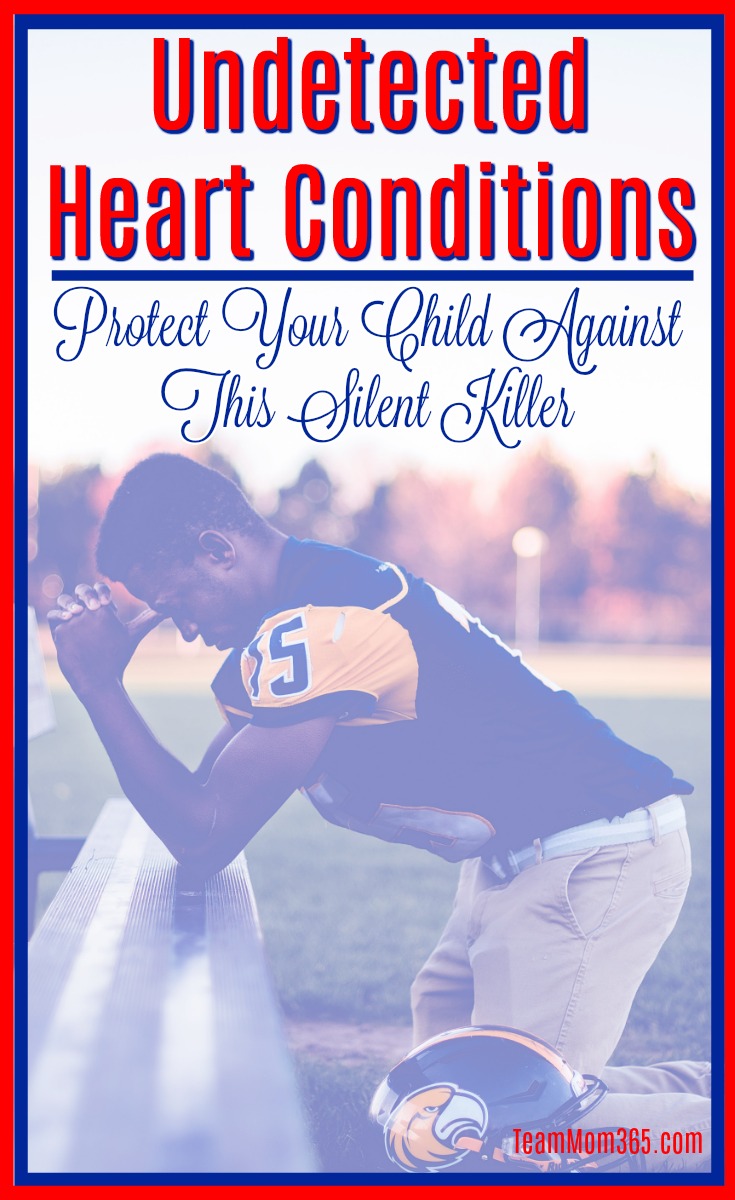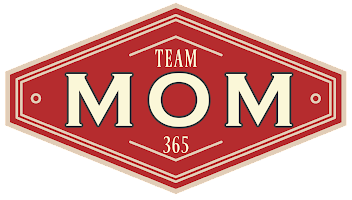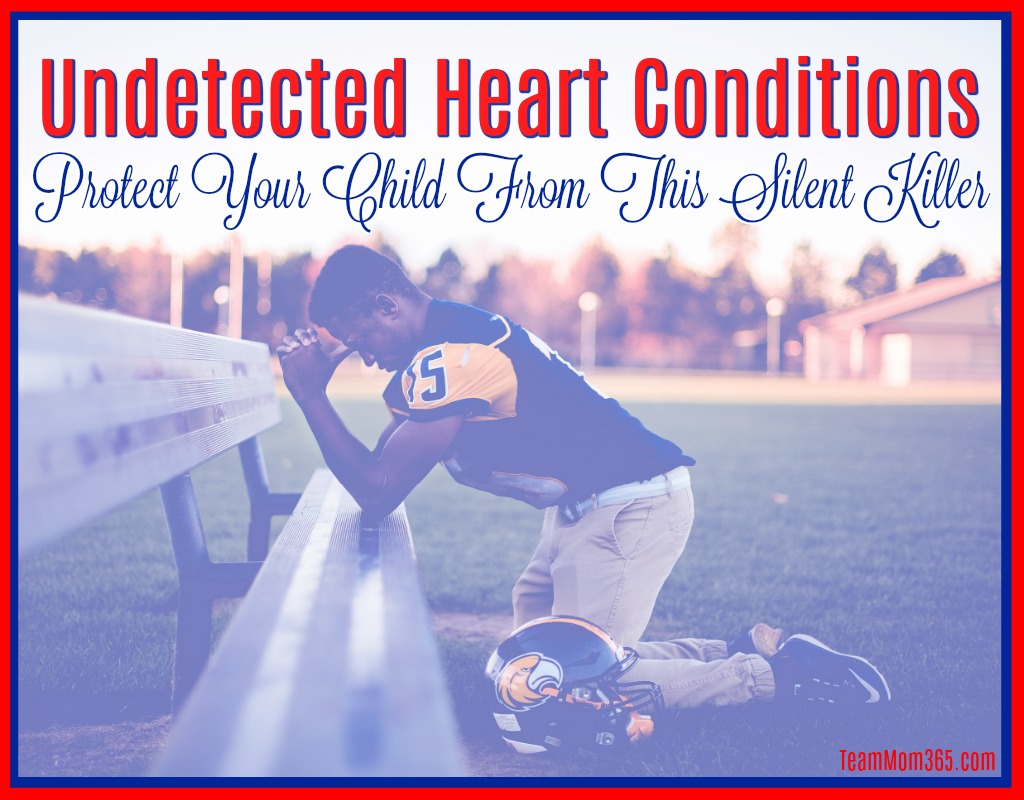Undetected Heart Conditions
You turn on the news and hear about an otherwise physically fit high school athlete dropping dead on the playing field. It seems so far away. You probably say,
“Aww, that’s sad.”
You listen to the player’s story about what a great athlete they were. They did community service at the local food pantry. They were a member of the National Honor Society. You might even say a prayer of healing for the family. Then you go about your day and likely never give it another thought. That is until it happens in your community…
~*~*~*~*~*~*~*~*~*~*
Like a slowly building grass fire, news starts to leak first through the students’ social media accounts.
“Why is there an ambulance at the high school? Hope everyone is ok.”
You start seeing “RIP” posts on the Twitter and Facebook pages of your child’s friends. Something tragic has happened. Your mind might even go to the logical explanation that some adult has been injured or fallen ill at the school. But sadly, it’s not an adult. Reality dons when a name is placed on the tragedy. You are stunned at first.
“It can’t be true. He was in such great condition.”
Then you get confirmation. A young athlete in your community has passed away for no reason at all.
“Why? How?”
We want an explanation. We need a concrete reason why a promising teenager is taken from us. But the answer isn’t coming… not soon enough anyway. First, grief counselors are made available to all the students. Then there are memorial services. One on the baseball field where he spent copious hours perfecting his game. Then the funeral. Comfort dogs are brought in to the school to help soothe the broken student body if only for the few moments each student gets with the dogs. Even students who never met him are mourning. They are collectively faced, some for the very first time, with their own mortality. It’s a smack of reality most teenagers aren’t equipped to deal with.
Beyond the student population, there are parents not just mourning the student who passed but their own children, putting themselves in to the shoes of the grieving parents and wondering:
“How could I go on if this ever happened to my child?”
The teachers do their best to put on a brave face in hopes of cheering up their distraught students, if that’s even possible, when inside they are wailing in grief. They make themselves available to students to listen… to consult… to comfort…
A few weeks later like a bolt of lightning opening an old wound you thought was starting to heal, they release the results of the autopsy…
“Sudden Cardiac Death”
What? You wonder if it wouldn’t have been easier for it to have been a drug overdose or a seizure. Something you can easily explain to your own children. Maybe you could turn it into a life lesson for them. But “Sudden Cardiac Death”? So the heart just stops for no reason? What kind of sorcery is this?
You immediately go to Google.
You read that Sudden Cardiac Death in teenagers is typically caused by congenital heart defects and, while asymptomatic, they are…
TREATABLE
It’s yet another gut punch in the long line of gut punches which have taken place throughout this tragedy. TREATABLE… Let that sink in for a second… TREATABLE… You mean to tell me this tragedy could be avoided with a simple two minute EKG? Sad… but true.
~*~*~*~*~*~*~*~*~*~
This tragedy struck twice in my community… TWICE… Once at a rival high school in 2013 when a promising football player succumb to Sudden Cardiac Death due to a congenital heart defect called Arrhythmogenic Right Ventricular Dysplasia. It happened again at my daughter’s high school in 2017 when a student-athlete dropped dead after participating in an intramural basketball game.
The community broke in half when these two boys were taken so young and to find out it was treatable makes it that much more difficult to digest.
What Can Parents Do
Hey You!
Yes, you sitting on the sofa saying, “Aww, that’s sad.” There is something you can do. Get your child tested! It’s a simple, non-evasive EKG which tests for many of these congenital heart defects which can lead to Sudden Cardiac Death.
Wouldn’t you feel better knowing you did all you could to keep your child safe, then to regret not getting a simple test? Seems like a no-brainer to me.
Play for Jake
Grief Turned to Action
In her grief, the mother of the football player turned this tragedy on its ear and created an organization called Play for Jake. Play for Jake is an organization whose mission is to give heart screenings to teenagers in hopes of detecting one of these asymptomatic defects. This organization raises funds and pulls together the resources to test high school students for a number of these silent killers. While the organization is not privy to the test results, they have been made aware that due to the free heart screenings, as many as 14 students were diagnosed with, and treated for, these conditions.
That’s 14 kids who will get to live a full and happy life. That’s 14 times a community will not have to mourn the loss of another child. That’s 14 parents who will not have to grieve knowing there was something they could have done.
Call your family doctor TODAY!!
###
For more information on Sudden Cardiac Death in young athletes please read this article from the National Institute of Health: https://www.ncbi.nlm.nih.gov/pmc/articles/PMC4969030/
Sue Nowicki is an alumna of the 2014/15 Disney Parks Moms Panel. She is a team mom extraordinaire who has filled her time serving as secretary, navigator, head cheerleader, treasurer, athletic trainer and team psychologist for her daughter’s travel sports team for over 15 years before becoming a team owner. She is also a travel consultant for Looking Glass Travel specializing in Disney destinations. You can follow her on Twitter at @TeamMom365.



